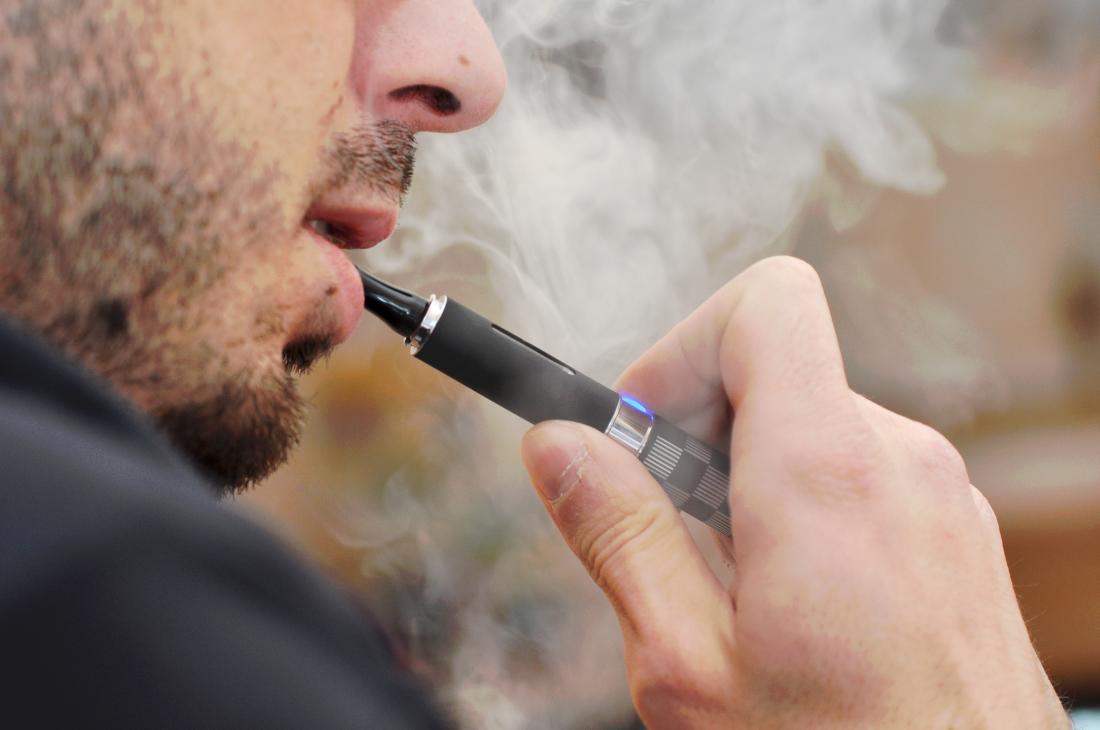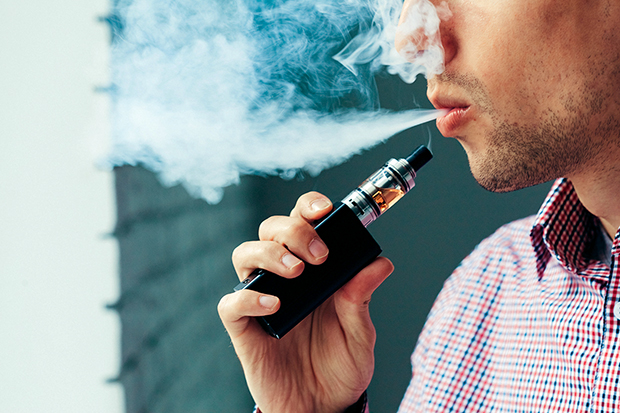
Vaping has gained popularity as an alternative to traditional cigarettes.
What is Vaping, And What Does A Vape Contain?
Inhaling a vaporized liquid from an electronic device is known as vaping. The vapor usually contains chemicals, flavoring like bubble gum or blueberry, and nicotine. For instance, Juul compatible pods come in many different flavors. The substance in marijuana called THC, which causes the “high,” can occasionally be found in vape juice as well.
What are the Different Vape Products?
Smokeless cigarettes, e-cigarettes, vaporizers, vape pens, tanks, mods, e-hookahs, hookah pens and cigalikes are all common names for vaping equipment. Their design, shape and size are all very different. Vapes can be manufactured to resemble a variety of commonplace objects, such as USB memory sticks, highlighters, and pens.
Should Flavors Be Banned To Stop Youth Vapes Use?
No. E-cigarettes come with flavors by default. If all or most flavors were prohibited, only the unappealing base or liquids with tobacco flavors would remain. This would be equivalent to banning all or most pizza toppings. This would effectively render vapes ineffective, as banning vaping products would only accelerate the growth of the black market and may even put young people at risk by encouraging them to smoke or utilize the black market.
Are Vapes Less Harmful Than Cigarettes?
Yes. Without a shadow of a doubt, e-cigarettes are significantly less dangerous. Since e-cigarettes don’t produce smoke, almost all of the danger associated with smoking is caused by the smoke. Even when a product has only been in use for around 10 years, there isn’t a 50-year study on it, but it does not mean that data is lacking. There is a wealth of information regarding the toxins in vapor as well as studies of “exposure biomarkers” in users’ blood, urine, and saliva, all of which point to significantly lower dangers than smoking.
How Much Safer Are Vapes Than Conventional Cigarettes?
They are “likely to be far less dangerous” than cigarettes, according to the National Academies of Science, Engineering, and Mathematics in the US. E-cigarette use is “unlikely to reach 5 percent of those linked with smoked tobacco products and may probably be much lower than this figure,” according to the leading British medical organization, the Royal College of Physicians.
According to Public Health England, the primary public health organization of the English government, “saying that vaping is 95% less dangerous than smoking remains a useful method to communicate the huge difference in relative risk.” These organizations and the professionals who advise them to have no affiliation with the tobacco or the vape businesses. The experts in each case based their conclusions on in-depth public reviews of the available data.
Do Recent Examples Of Deaths And Severe Lung Injuries Support The Safety Of Vapes?
Definitely not, no. Although these examples have received widespread media attention, they have nothing to do with regular nicotine e-liquids or vapes. The cases were people who utilized illegal cannabis vaping goods, and they were brought on by the usage of a specific thickening agent for cannabis (THC) oils called vitamin E acetate. There’s a chance that additional additives were used. This would be useless in an e-liquid that contains nicotine.
Do Vapes Help With Quitting Smoking?
Yes. In the Philippines, 42% of men and 24% of adults who are adults smoke. All are at very high risk of developing COPD, heart disease, or cancer. There are now four lines of data pointing to the effectiveness of vapes in aiding smokers in quitting:
- Data from randomized controlled trials;
- Observational studies (observing what happens when people use vapes)
- Population data; and
- User testimonies from people who have struggled to stop smoking using other methods. All four of these indicate that vapes are replacing smoking.
Should Vaping be Prohibited?
Without a doubt, no. This would shield the cigarette industry from disruptive competition, deny smokers (of any age) access to far less harmful substitutes for cigarettes, and increase disease and mortality. Additionally, it would drive worldwide internet trade and drive genuine suppliers out of business while simultaneously generating a sizable illicit market. If nicotine is a legal drug, like alcohol or caffeine, then authorities should support the least harmful forms of nicotine use rather than ban it.
Conclusion
Vaping is the best alternative when it comes to substituting cigarettes. They come in various flavors as well, which makes them an even better substitute.

